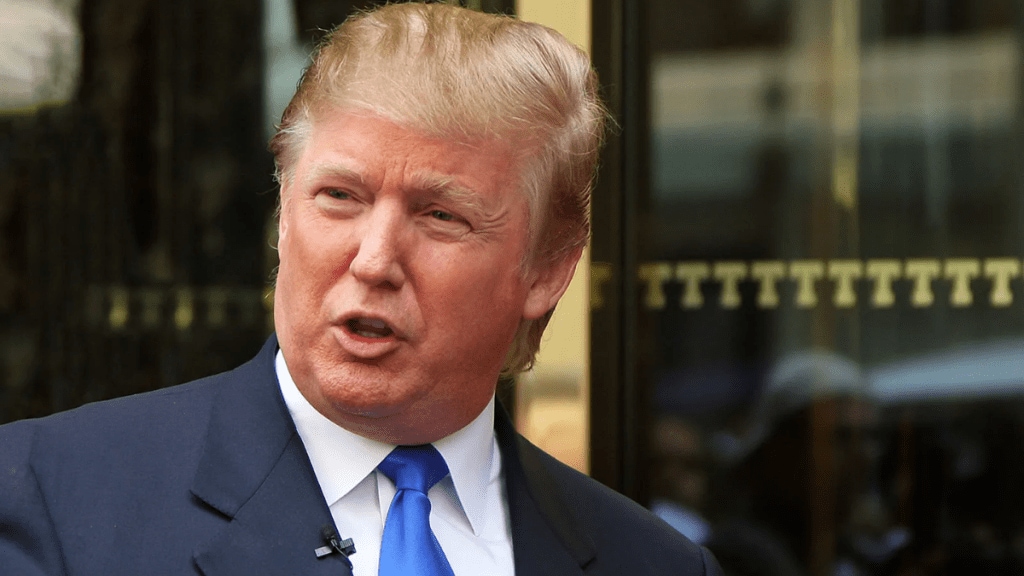In a bold move to reshape the U.S. tax system, President Donald Trump on Monday proposed abolishing income tax for American citizens, aiming to increase disposable income for families and individuals. Describing the initiative as a return to the principles that historically drove national prosperity, Trump outlined his vision during a House Republican Members Conference.
“It’s time for the United States to return to the system that made us richer and more powerful than ever before,” Trump stated, emphasizing a shift from taxing citizens to imposing tariffs on foreign imports.
The proposal includes replacing income tax—a key contributor to federal revenue—with tariffs on imported goods. Trump cited the period between 1870 and 1913 as an example of economic success driven by tariff-based revenue generation. He highlighted the wealth and growth achieved during that era, arguing that the strategy could once again bolster the U.S. economy.
To oversee the transition, Trump announced the creation of the External Revenue Service, a new body responsible for managing tariffs and related revenues. “We will tariff and tax foreign countries to enrich our citizens. It will be massive amounts of money pouring into our treasury coming from foreign sources,” he said, reiterating his vision during his January 20 inaugural address.
While the plan has sparked excitement among proponents of tax reform, it has also drawn criticism. Economists have warned of potential inflationary pressures and sustained high-interest rates due to increased import costs. Congressional opposition has also emerged, with lawmakers raising concerns about potential deficits and logistical hurdles in implementing the overhaul.
Despite the skepticism, Trump reaffirmed his commitment to prioritizing American workers and families. “We will immediately begin overhauling our trade system to protect American interests,” he said, signaling the administration’s determination to push forward with the sweeping reforms.

